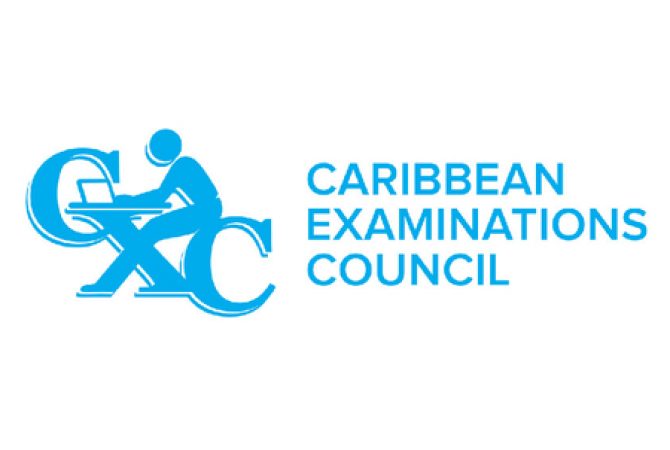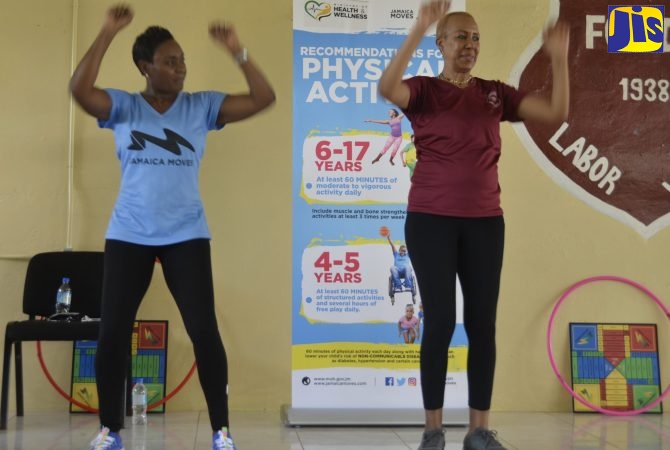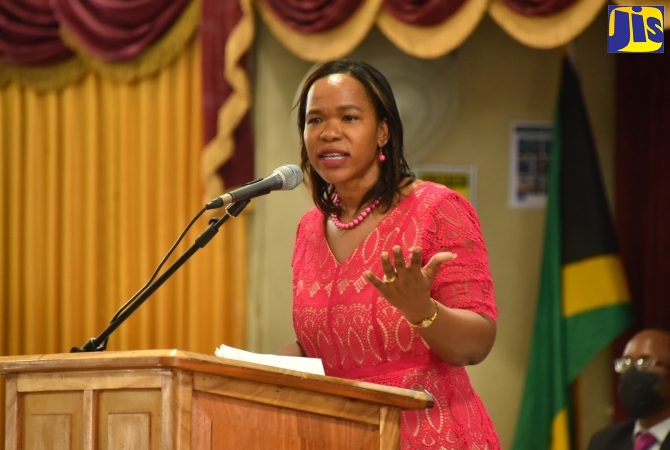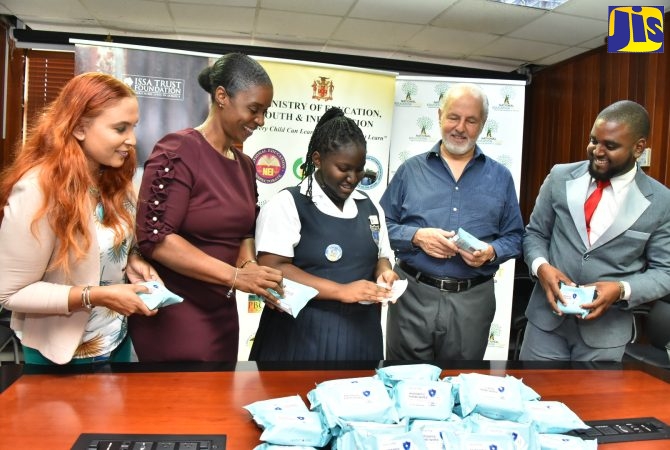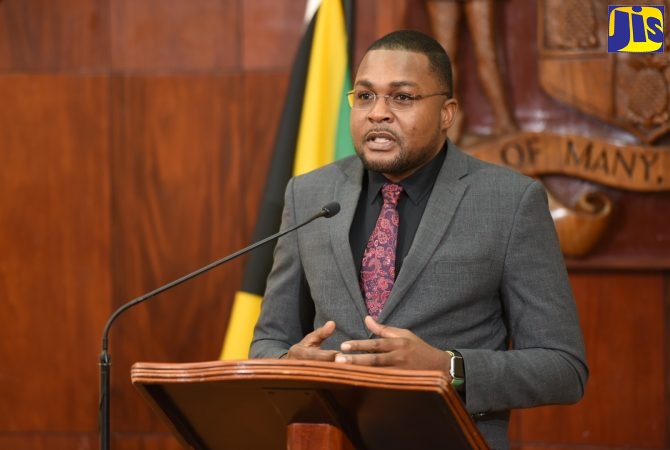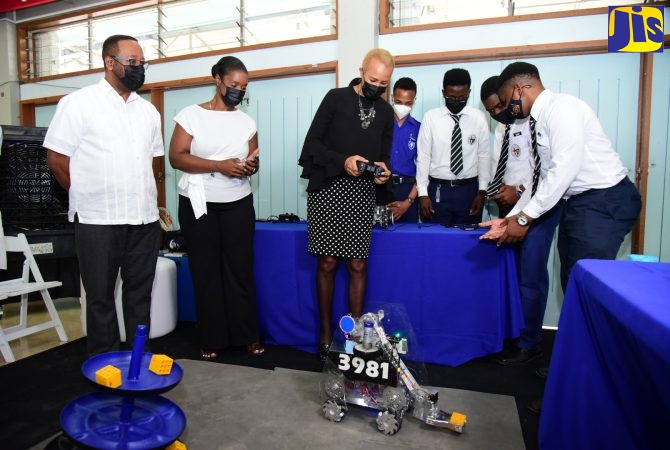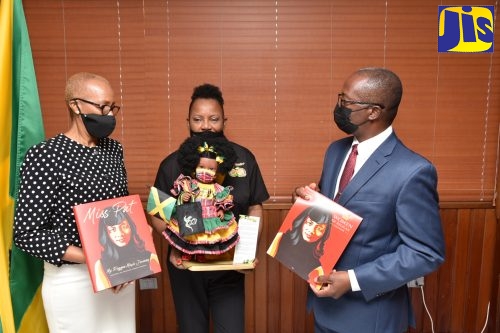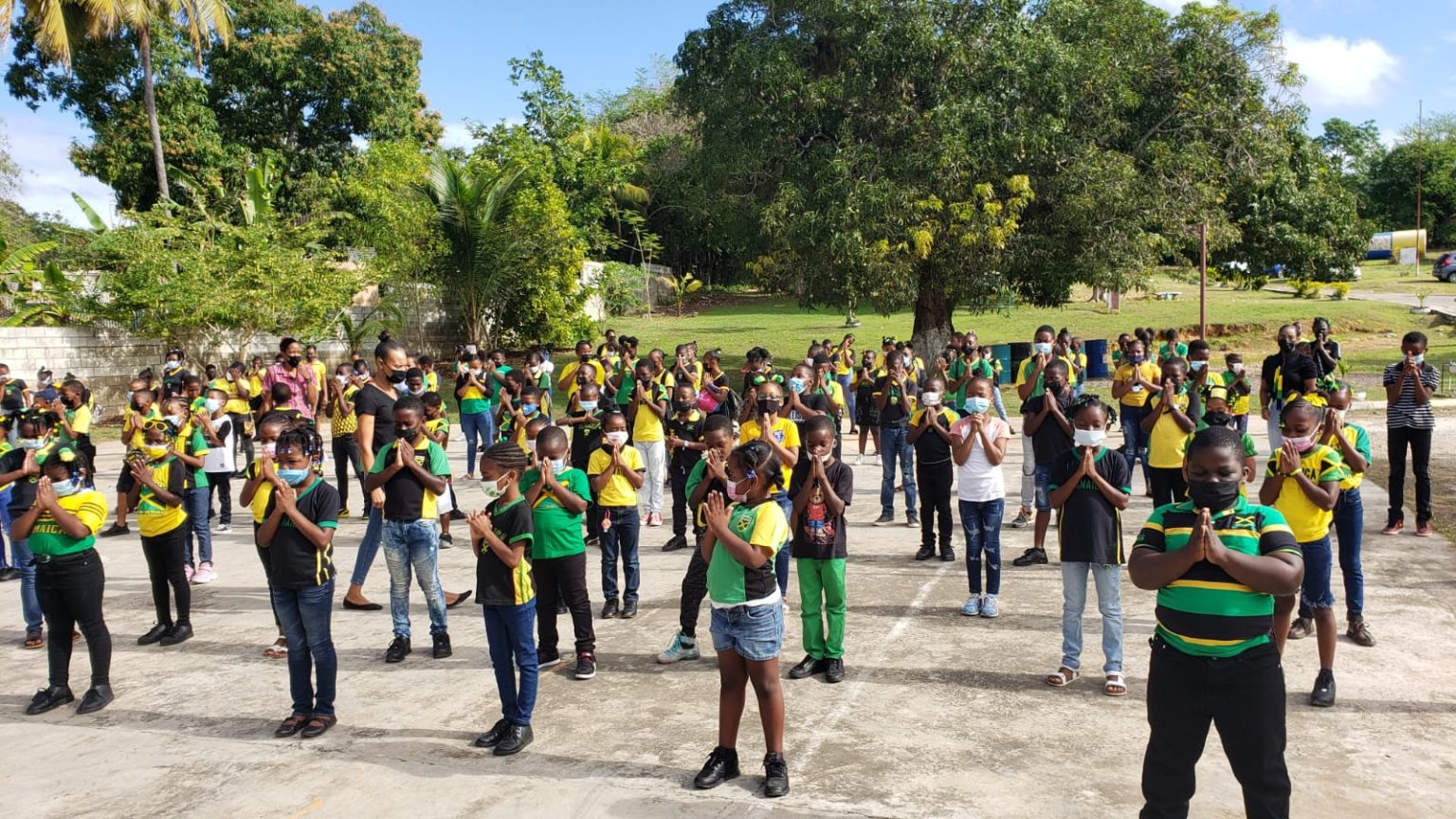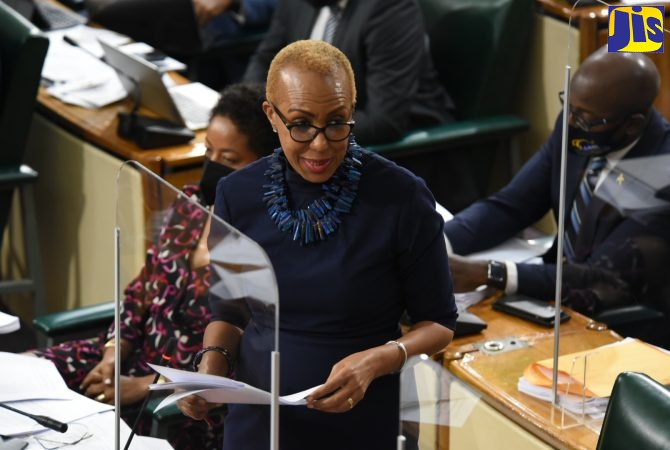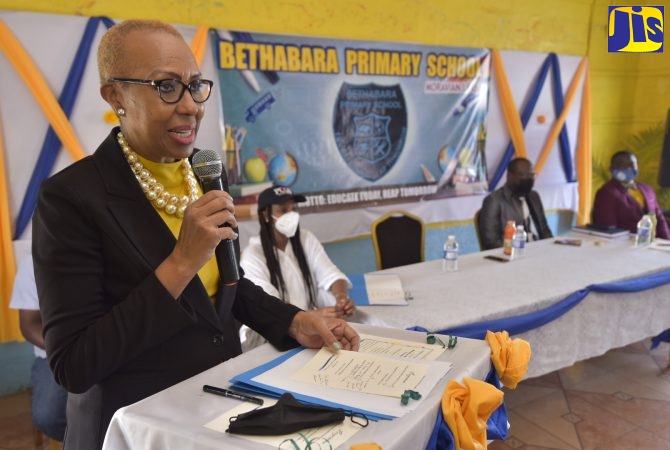The date for the sitting of the Caribbean Advanced Education Certificate (CAPE) and Caribbean Secondary Education Certificate (CSEC) has been put back until Monday, May 23, 2022.
This announcement was made by Chief Executive Officer and Registrar of the Caribbean Examinations Council (CXC), Dr. Wayne Wesley, during a virtual press briefing today (April 27).
The due date for Student-Based Assessments (SBAs) was also extended by two weeks by the Council.
On that note, Dr. Wesley said the local registrar should declare a specific date for local submissions.
Following the three-week extension, the results for the examinations are projected to be released by late August or early September.
“After careful deliberation, and consideration of all the pertinent issues, the Council agreed that the revised strategy for the 2022 regional examinations will provide candidates with additional time to prepare,” Dr. Wesley said.
Currently, 25,429 students are registered for CAPE exams, while 105,078 are registered to sit CSEC exams regionally.
Dr. Wesley noted that students are still allowed to defer from sitting an exam, up to a day before the test is written.
“We continue to work with our stakeholders in the best interest of our students across the region. Our collective will and consensus on matters of regional importance [is always significant]. We have obtained that consensus, and for that reason, Council would have approved the foregoing decisions,” he said.
The Council’s Hardship Policy will continue to be implemented when marking examination papers, in light of the setbacks posed to the education sector by the COVID-19 pandemic.


